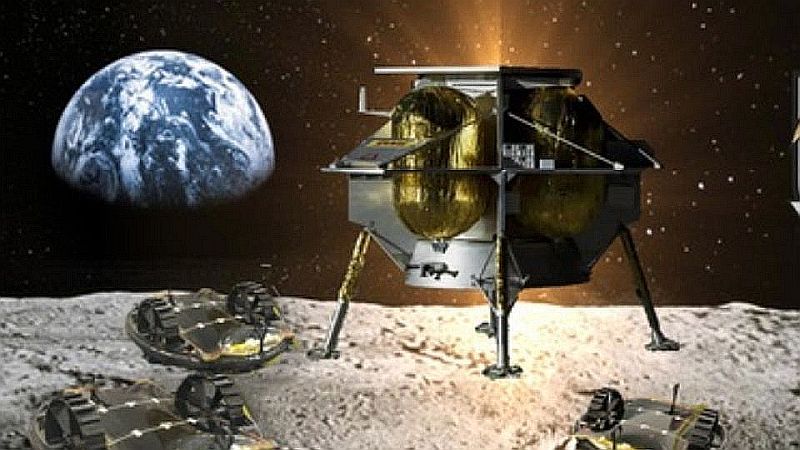
Mexico City – Mexico is set to make history with its first lunar mission, as authorities announce the upcoming launch of five microrobots named ‘Colmena’ (‘Hive’) to the Moon. The groundbreaking mission, slated for a potential liftoff on January 8, positions the country as a pioneer in Latin America’s space exploration efforts.
The Secretariat of Infrastructure, Communications, and Transportation (SICT) revealed that the ‘Colmena’ project is the first of its kind in Latin America and will be carried into space from Cape Canaveral, Florida, aboard the Astrobotics ‘Peregrine Lunar Lander’ spacecraft.
The ‘Colmena’ microrobots, weighing less than 60 grams and measuring 12 centimeters in diameter each, represent a significant achievement in miniaturization for lunar exploration. The devices, designed by a team of nearly 250 students at the National Autonomous University of Mexico, will utilize a telecommunications module to deploy on the lunar surface, connect electronically, recognize each other, and assemble a panel capable of generating energy.
The ‘Hive’ mission is the culmination of years of hard work by UNAM and its partners. The project faced several challenges, including the need to redesign the robots due to a change in the launcher rocket. However, the team persevered and succeeded.
“This project will make history,” declared Salvador Landeros, director of the Mexican Space Agency. “It shows that Mexican engineering is among the best in the world, and it positions us as a leader in Latin American space exploration.”
The entire Peregrine mission will last approximately 13 Earth days, but the ‘Colmena’ robots will be put into operation two days after landing, after other larger robots are deployed and the regolith settles. The mission is also expected to provide valuable data on lunar dust, which could be used to develop new technologies for space exploration.
Mexico’s lunar ambitions don’t stop there. The Colmena mission is part of the international Artemis program, aiming to return humans to the moon by 2024. By joining this prestigious endeavor, Mexico is demonstrating its commitment to pushing the boundaries of space exploration and inspiring future generations of scientists.




